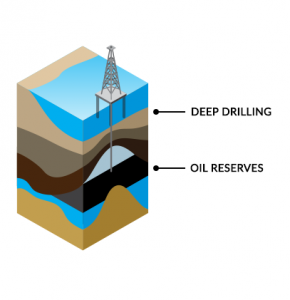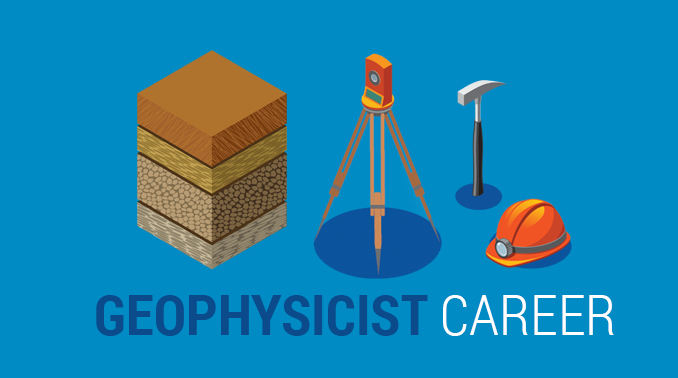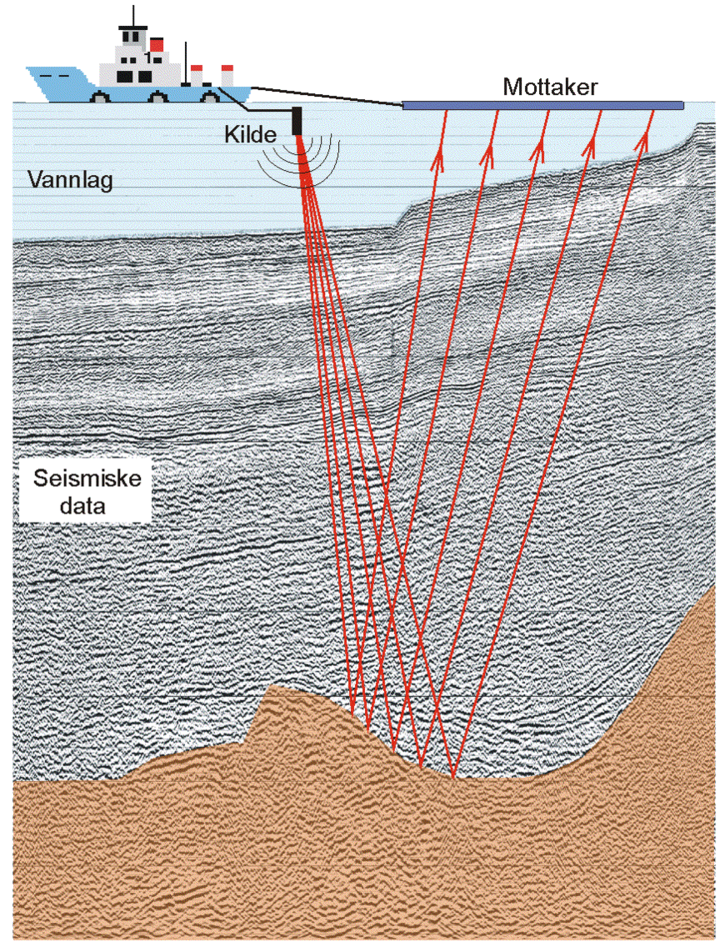All Categories
Featured
Table of Contents
Geophysicist Education in Wembley Downs Aus 2020

Other possible geophysicist majors that aren't geophysics or geoscience include: Atmospheric sciences and meteorology Chemical and physical oceanography Earth science Environmental science Hydrology and water resources science Materials science By making any geophysicist degree, and by taking the required geology courses, you should get approved for an entry-level position as a geoscientist or geophysicist.
Eventually, trainees need to find out: a branch of geology that takes a look at the various elements of minerals, including chemical composition, internal crystal structure, and physical residential or commercial properties. the study of rocks and the procedures and conditions that form and change them in time. There are a couple of subdivisions in this branch of geology, including igneous, metamorphic, and sedimentary rocks.

This field takes a look at structural rock features such as cleavage, faults, joints, and small folds. They must likewise discover the computer skills essential to: evaluate data create digital designs and maps operate geoscientists' software Trainees should likewise take benefit of all opportunities to gain real-world experience. Aspiring geophysicists must expect to hang around knowing: in the class in the field in laboratories Certainly, skills taught in the class are very crucial for striving geophysicists.
Geophysical Surveys & Mapping - Ecs Limited in Lockridge Oz 2022
For instance, geoscientists spend a great deal of their time outside when working in the field, so they need to possess "outside skills" like camping and running boats, airplane, and other cars. Since they invest so much time in remote locations, it's vital that geophysicists likewise have the physical stamina to carry necessary equipment on their hikes to locations of study.
The job provides: a high mean and leading earnings a high rate of personal complete satisfaction amongst geophysicists low work stress favorable job outlook More information on earnings potential and job outlook is detailed below. For trainees aiming to land an entry-level function as a geoscientist or geophysicist, it takes 4 years, or the time required to finish a bachelor's degree in geophysics or a related discipline.
Some research study positions in geophysics require postgraduate degrees. Likewise, if you prepare to teach at a college or university, you must earn a Ph - What Is A Seismic Survey? in Kiara WA 2023. D. in geophysics or a related field. The time it requires to make a Ph. D. differs by institution and program, but it usually takes 4 to six years beyond the bachelor's degree.
Marine Geophysical Surveys in Edgewater Australia 2021
In fact, many employers need prospects to have a bachelor's degree in geophysics or a carefully related discipline for all entry-level positions. And, in many cases, employers need a master's degree. As an outcome, there's no other way around the degree requirements for ending up being a geophysicist. The majority of employers will anticipate or require a practicing geologist to be accredited for positions beyond those at the entry level.
Currently, 31 states require licensing for geologists, although licensing is not constantly required, specifically for entry-level work. The states that do concern licenses utilize the Fundamentals of Geology Examination (FGE), which is administered through the National Association of State Boards of Geology (ASBOG). Now that you know which degree for geophysicist jobs you require, you'll require to land a task, and it is essential to discover how much cash you can make in this profession.
According to BLS, the typical annual wage for geoscientists is $93,580. The most affordable 10% of earners make less than $52,000, while the highest 10% earn more than $201,000 each year. Wages change by industry type and geographic area. According to BLS, specific markets provide greater incomes for geoscientists, and sometimes, they use higher-than-average incomes.
Hydrographic And Geophysical Surveys in Kelmscott Oz 2023
In reality, mining, quarrying, and oil and gas extraction offers over $32,000 more each year than the average yearly wage for this occupation. The federal government, too, uses over $10,000 more in revenues than the nationwide average for geoscientists. In addition to market type, geographic place can considerably impact revenues for this occupation.

The top-paying states and their yearly mean earnings, according to the BLS, consist of: Texas $166,720 Oklahoma $149,630 Pennsylvania $120,590 Hawaii $120,130 Colorado $107,260 These five top-paying states use much greater earnings than the average for this profession. Earnings for geoscientists in Texas are over $73,000 greater than the national average.
It ought to come as no surprise that the majority of these high-paying areas remain in Texas and Oklahoma, but some are found in California, Louisiana, and Colorado. The top 10 highest-paying city locations for geoscientists are: Houston-The Woodlands-Sugar Land, Texas: $188,400 Tulsa, Oklahoma: $186,490 Midland, Texas: $167,040 Odessa, Texas: $147,080 Oklahoma City, Oklahoma: $145,350 Bakersfield, California: $130,080 Urban Honolulu, Hawaii: $124,470 New Orleans-Metairie, Louisiana: $121,030 Washington-Arlington-Alexandria, DC, VA, MD, WV: $120,180 Denver-Aurora-Lakewood, Colorado: $116,910 For some geoscientists and geophysicists, residing in a metro city is not as appealing as living in a smaller sized community.
Table of Contents
Latest Posts
How To Become A Geologist Or Geophysicist in Ardross Aus 2023
Archaeological Geophysics And Geochemistry Planning A Geophysical Survey: Environmental & Physical ... in Applecross Aus 2022
Why Study Geophysics? in Mundijong WA 2022
More
Latest Posts
How To Become A Geologist Or Geophysicist in Ardross Aus 2023
Archaeological Geophysics And Geochemistry Planning A Geophysical Survey: Environmental & Physical ... in Applecross Aus 2022
Why Study Geophysics? in Mundijong WA 2022